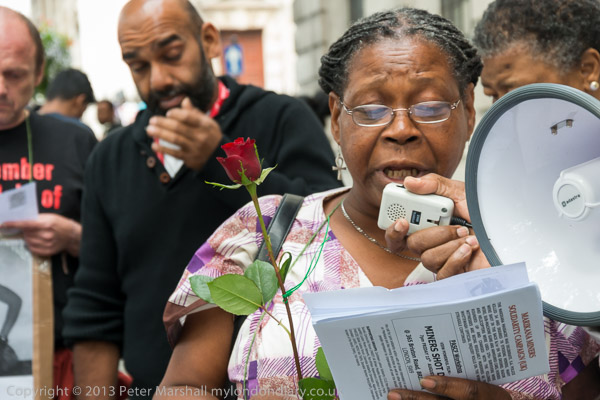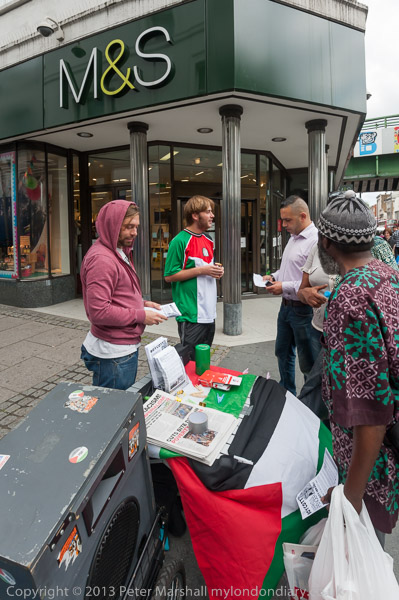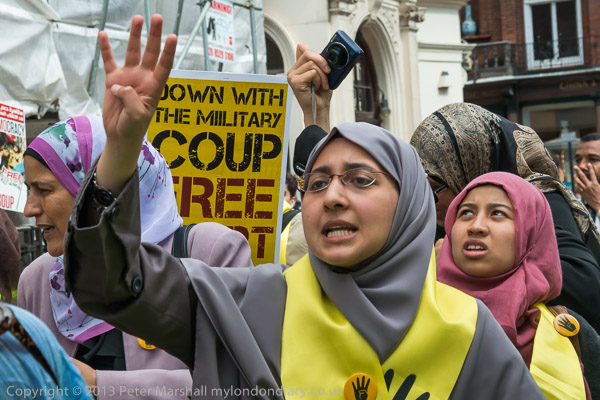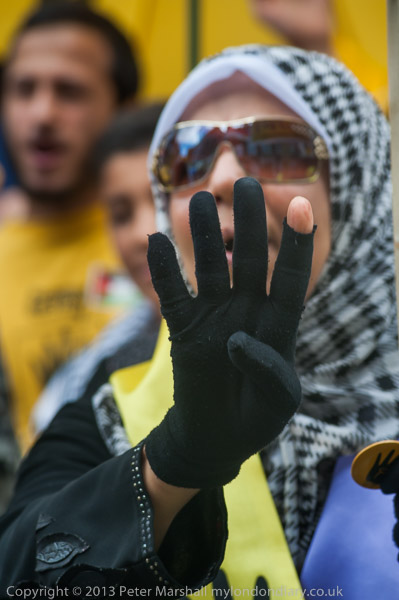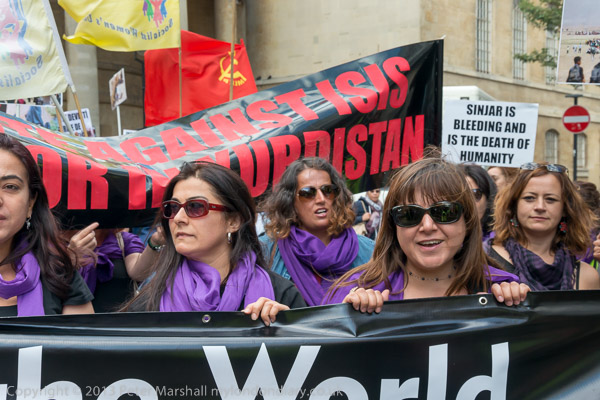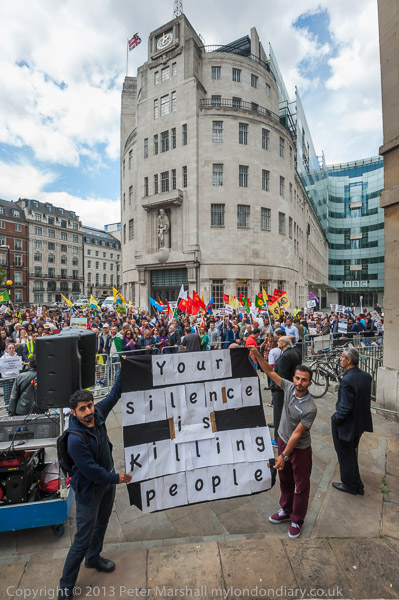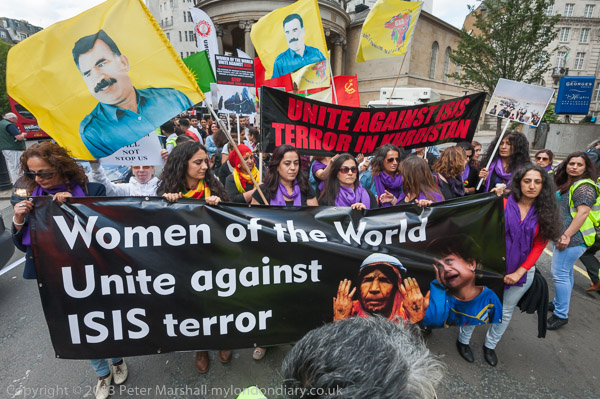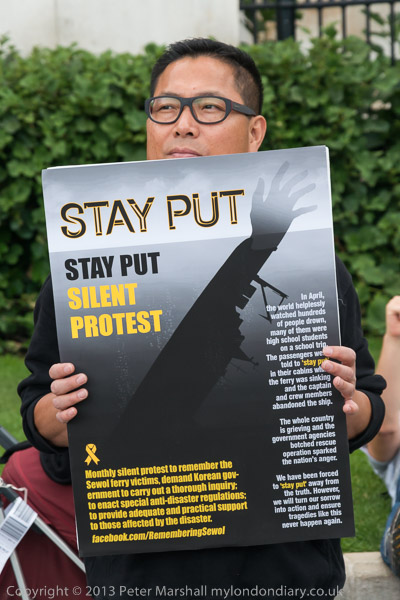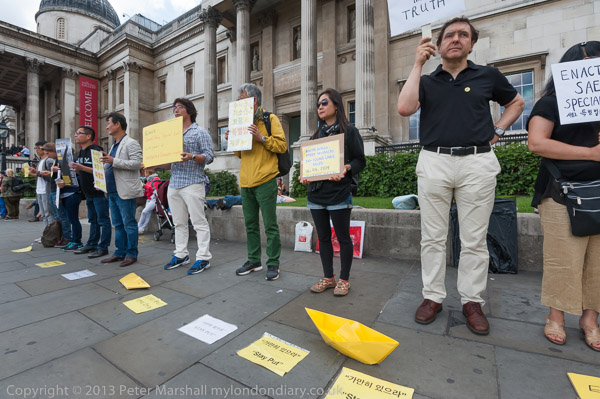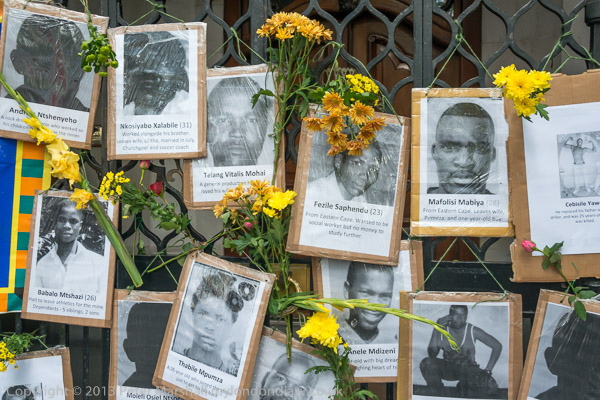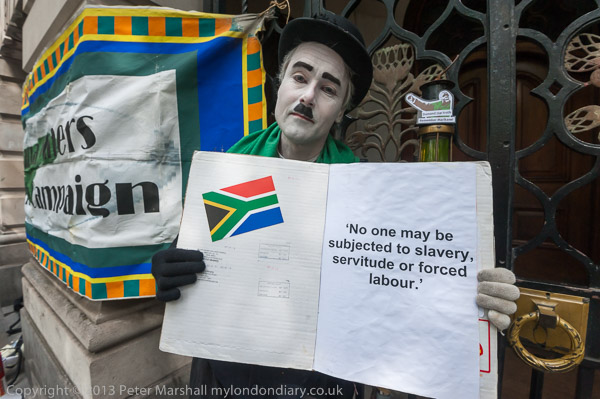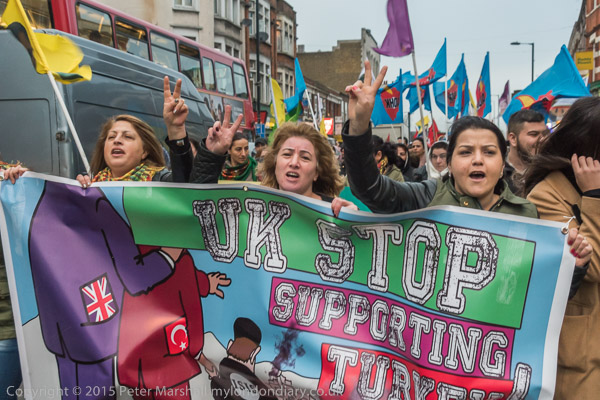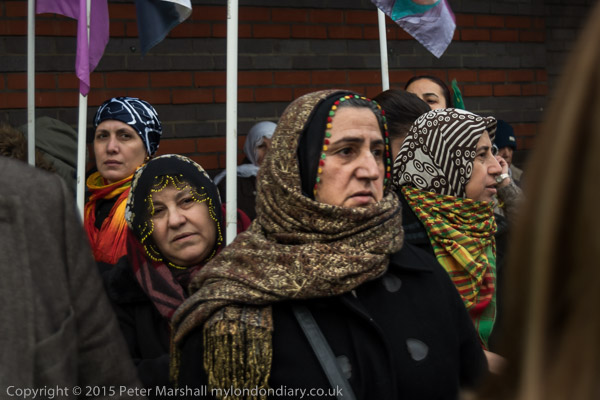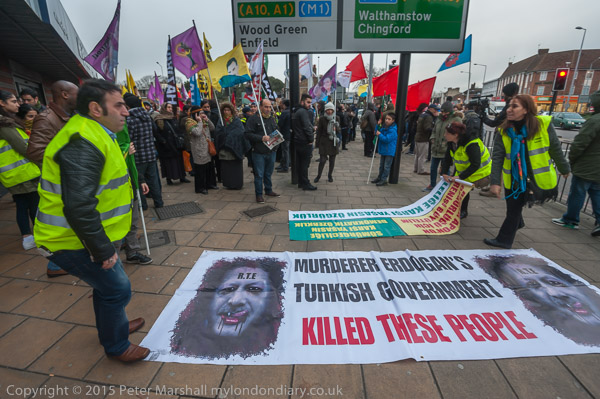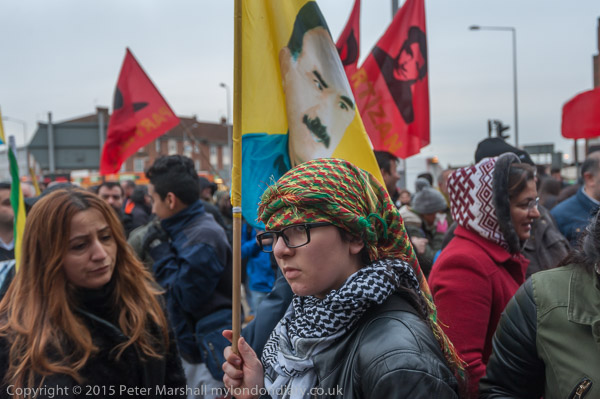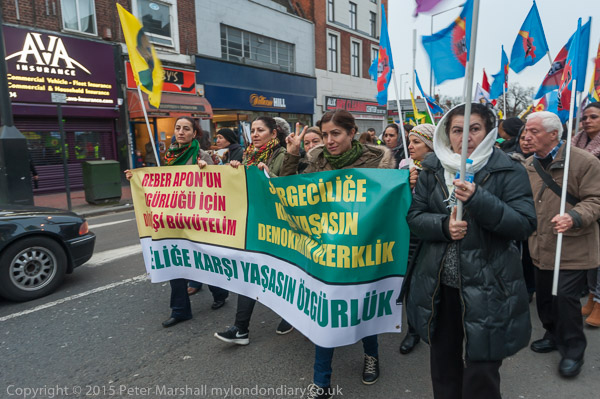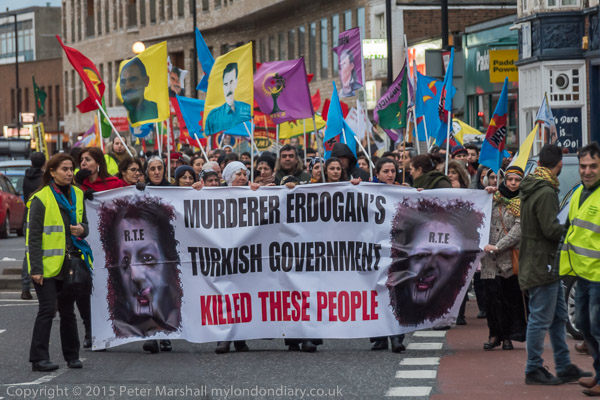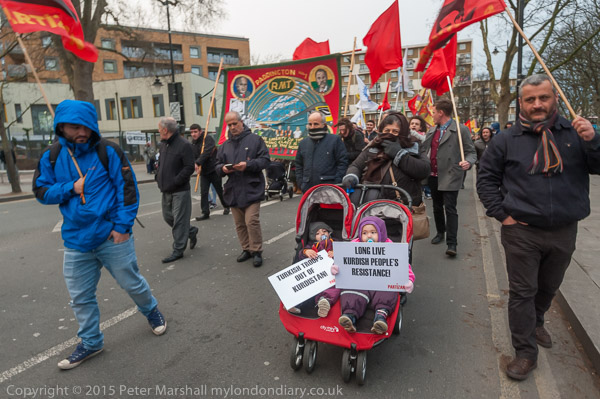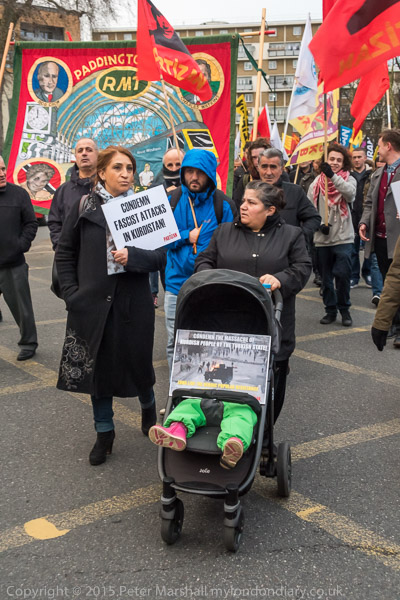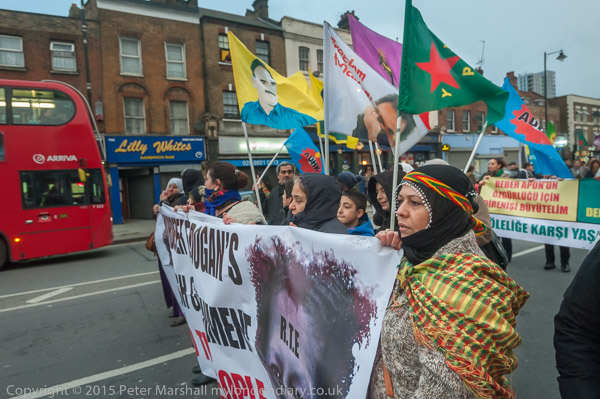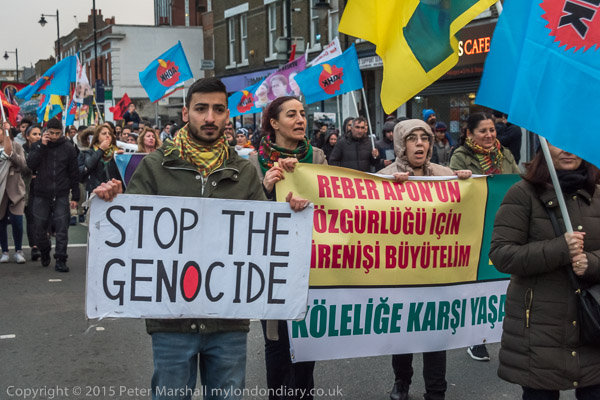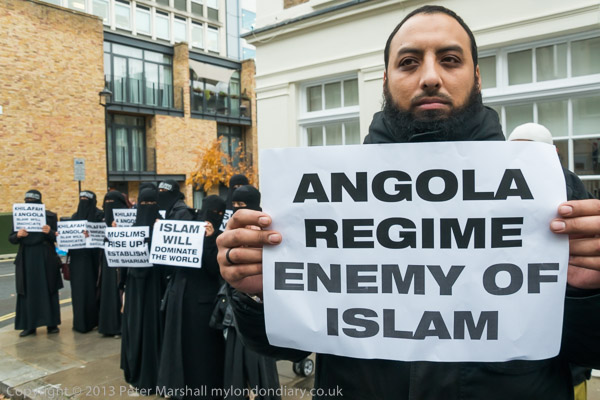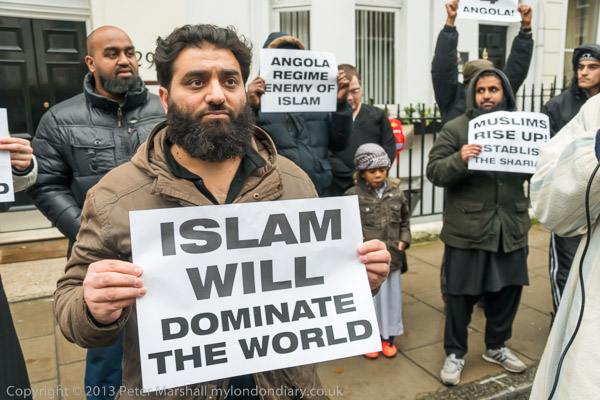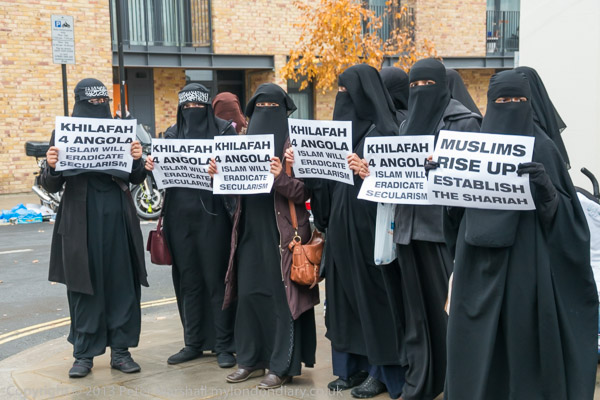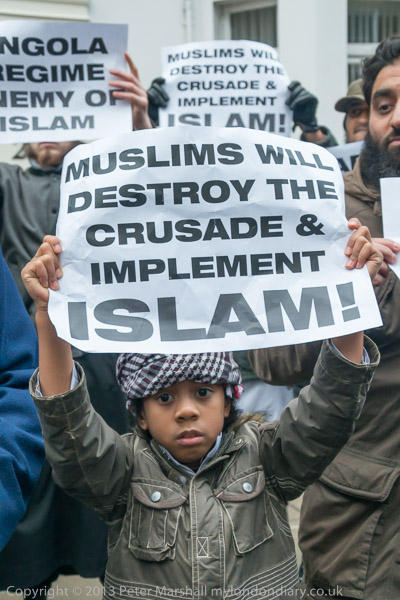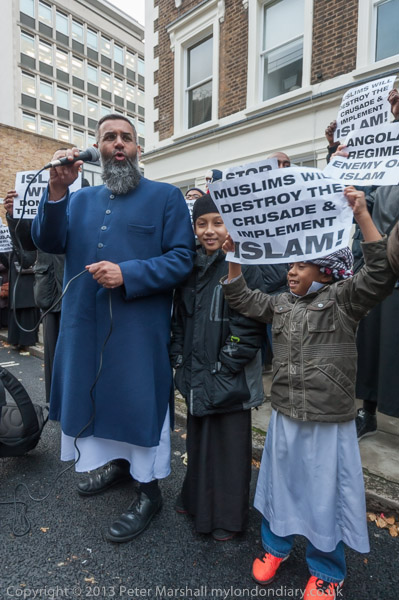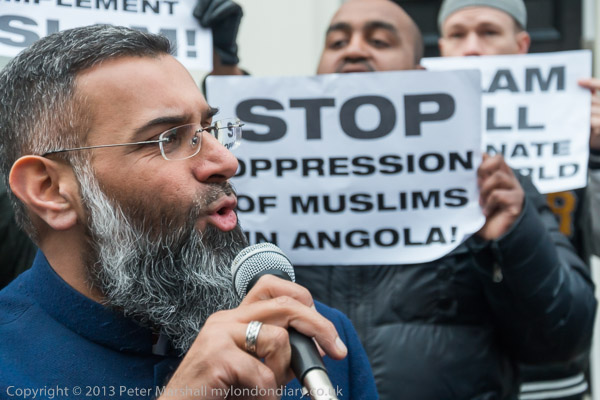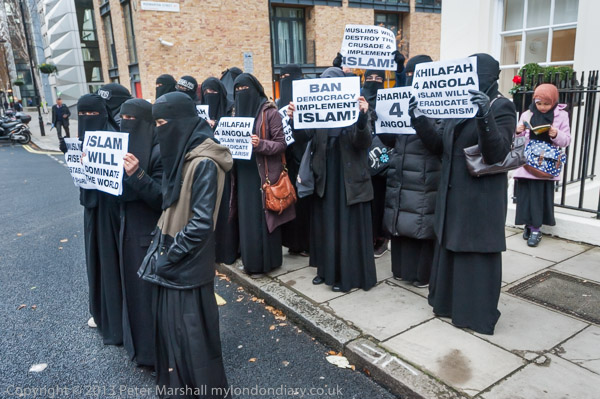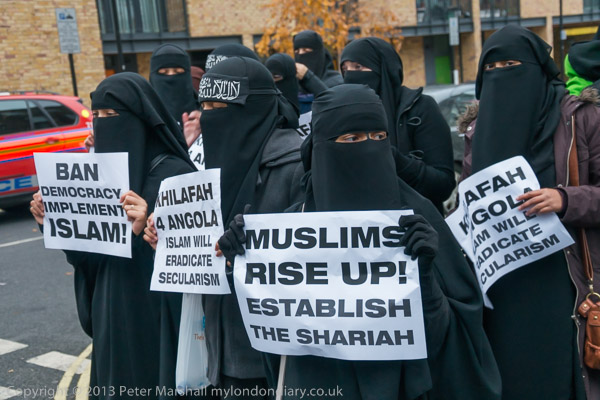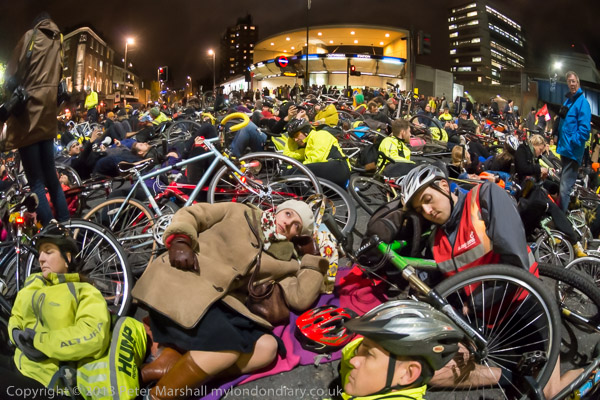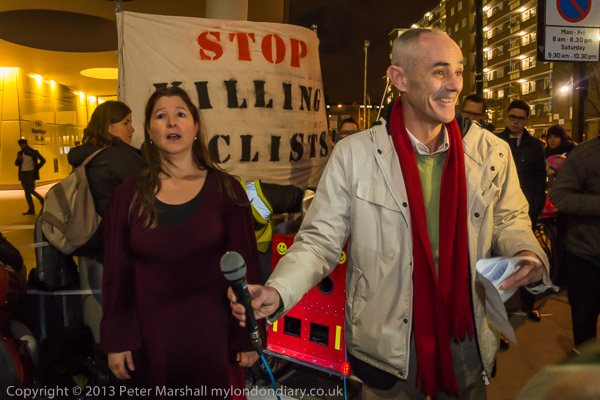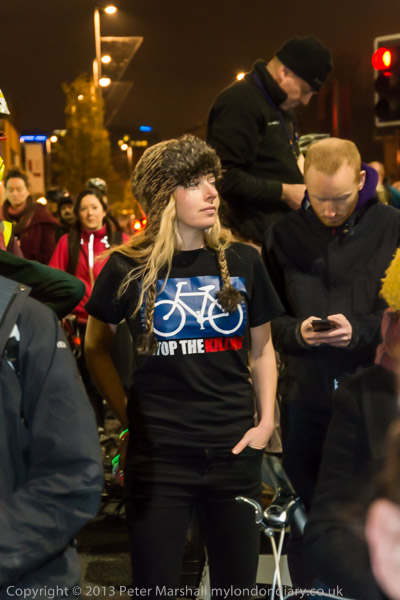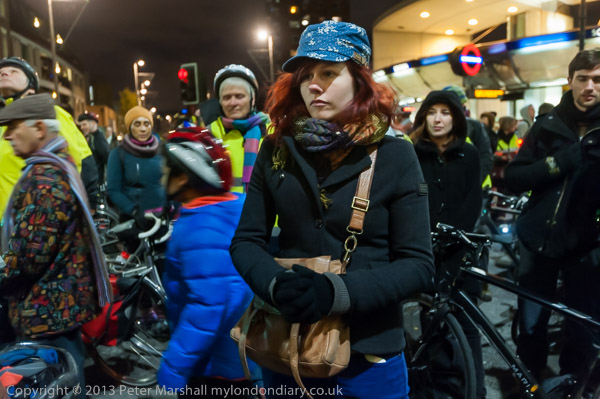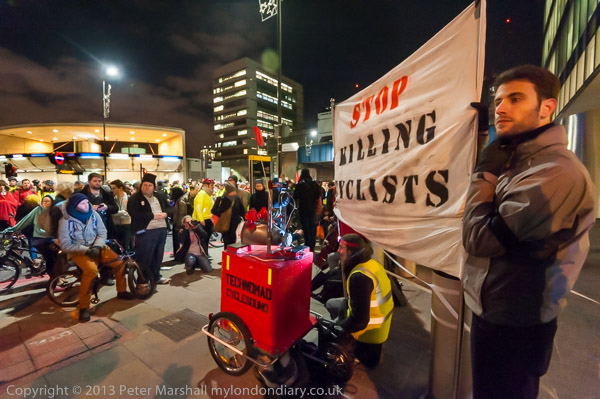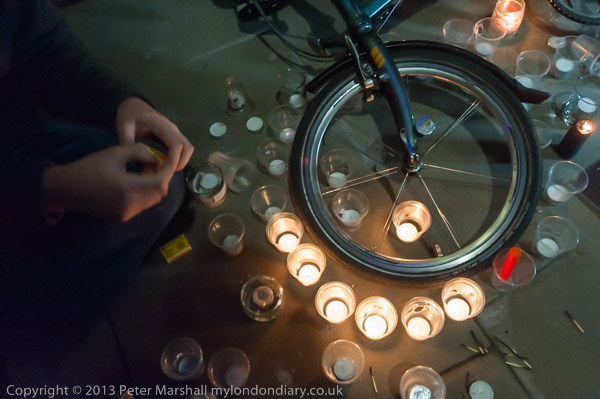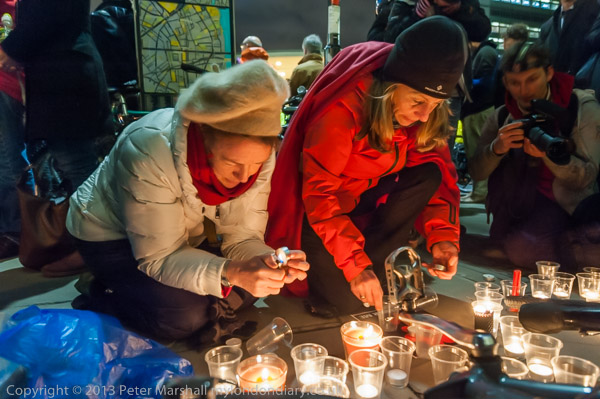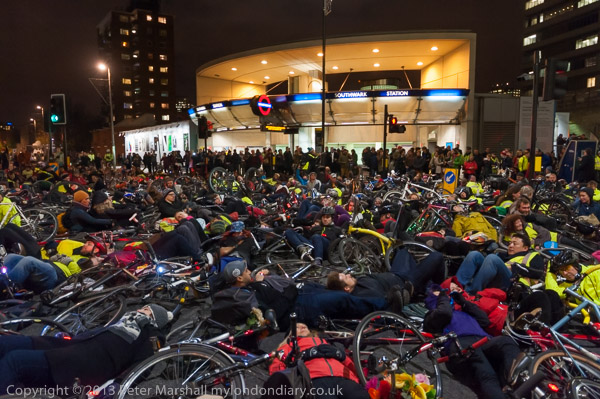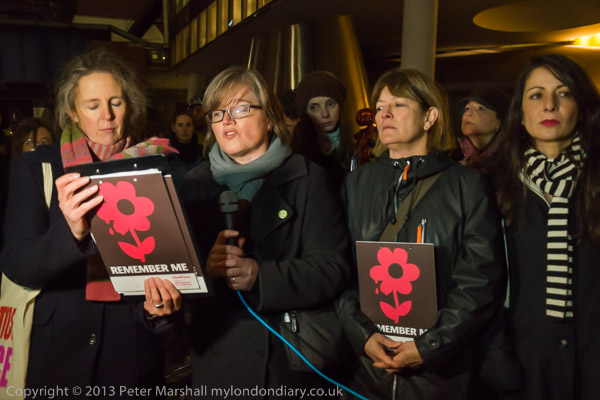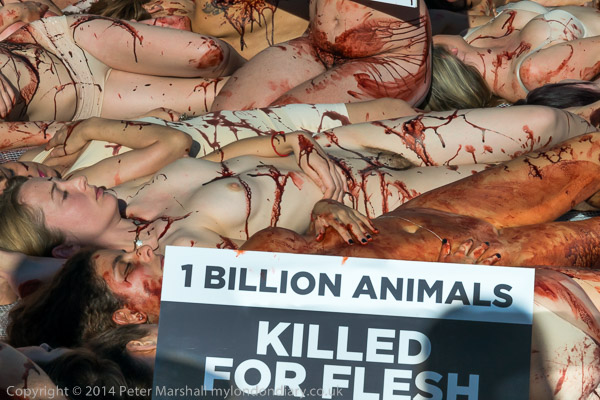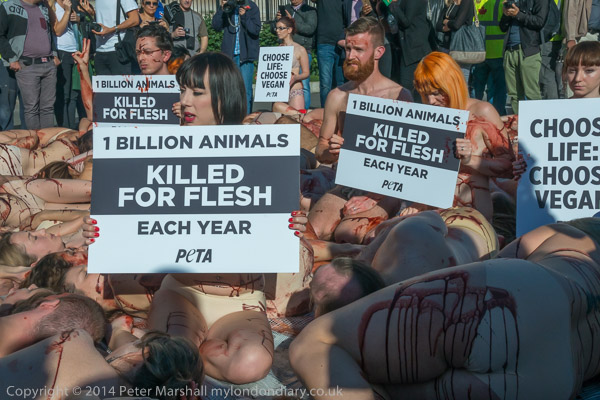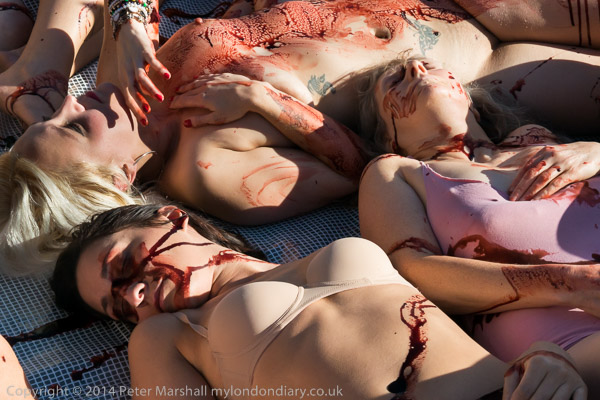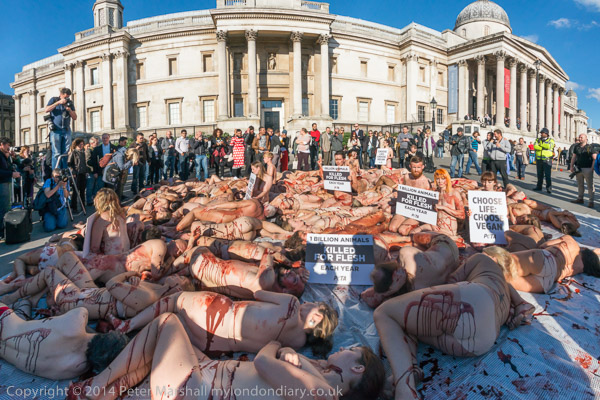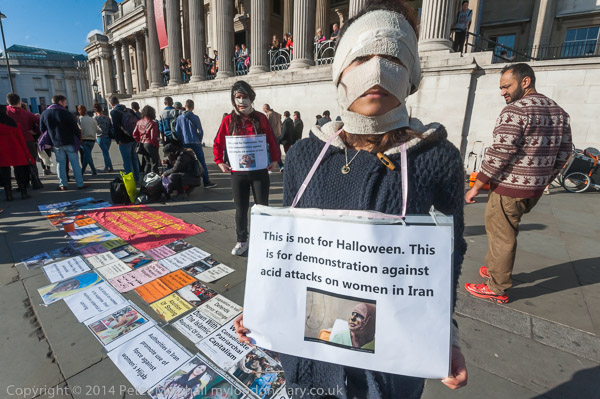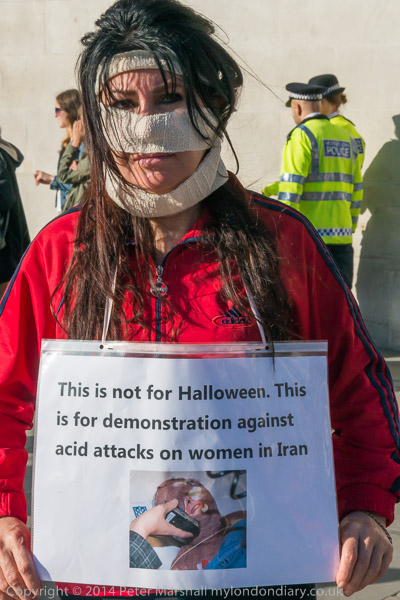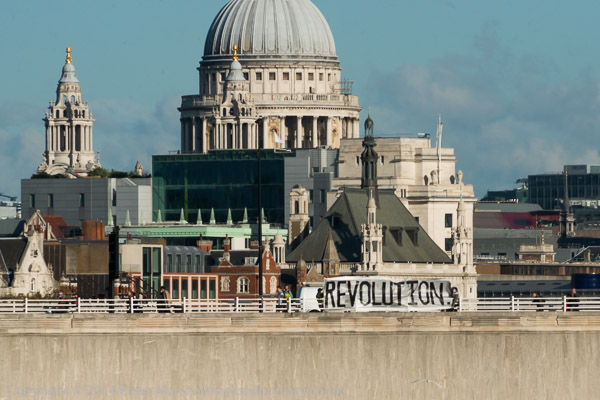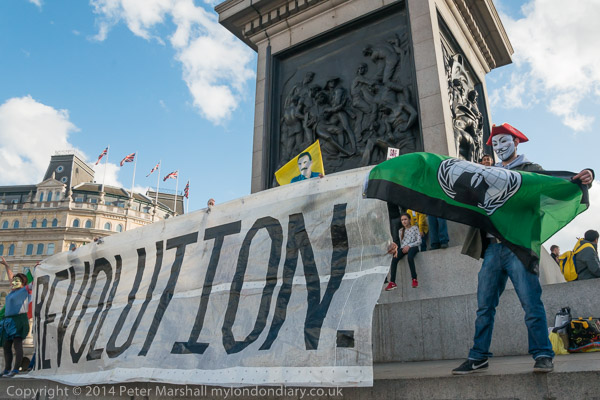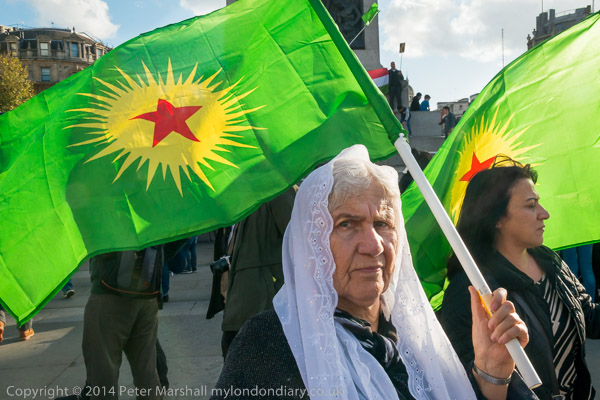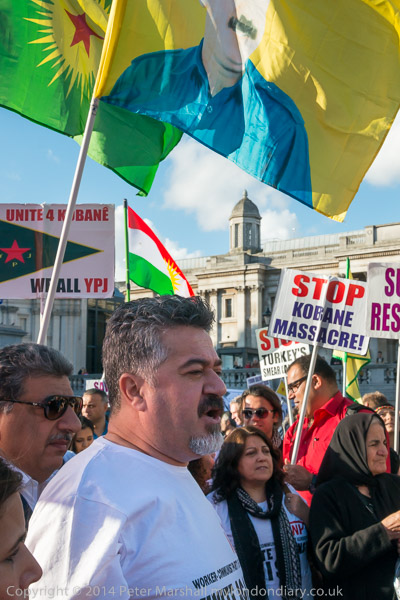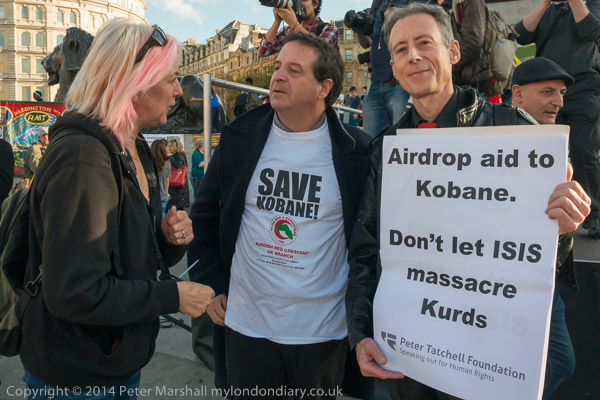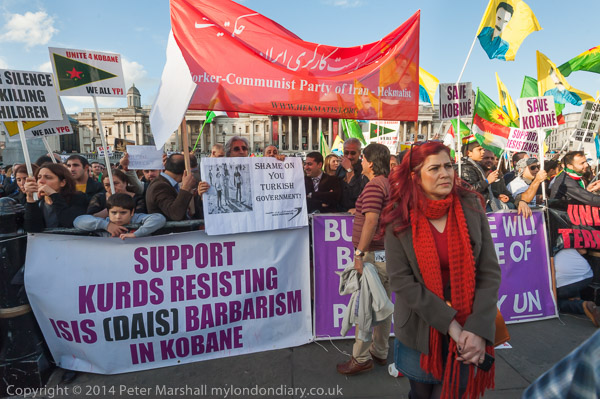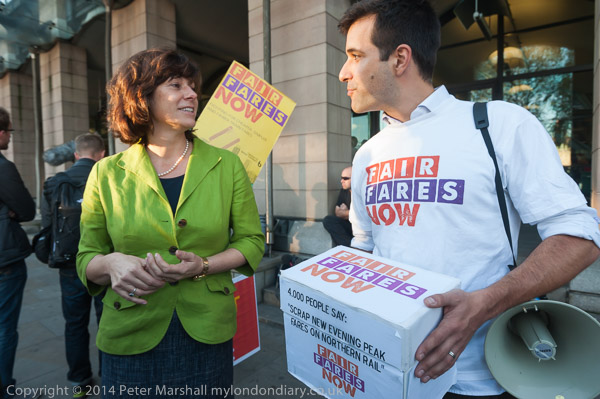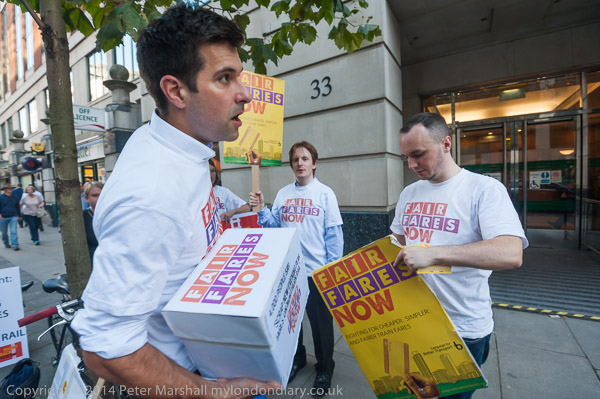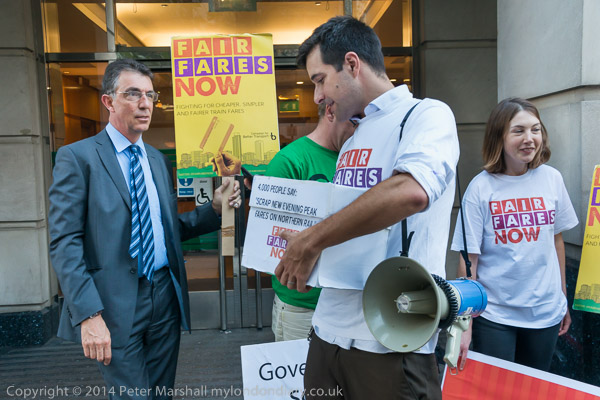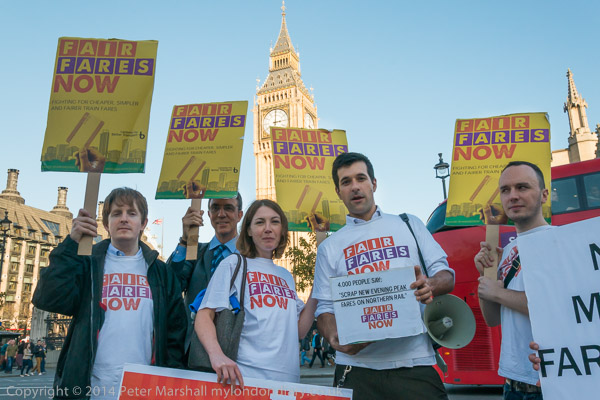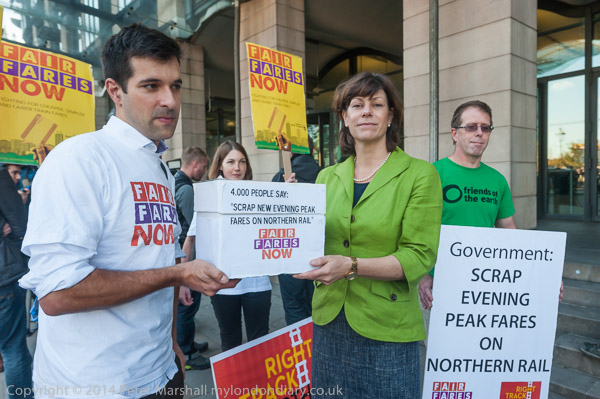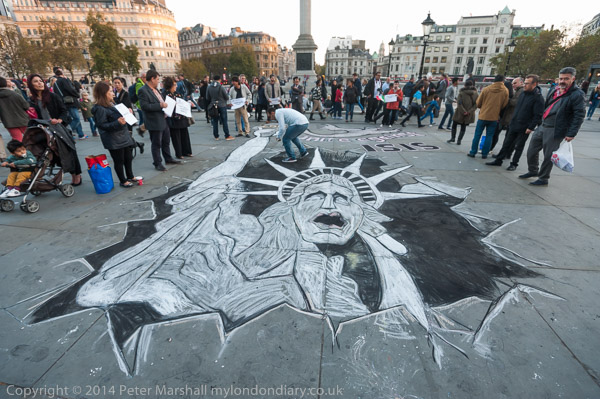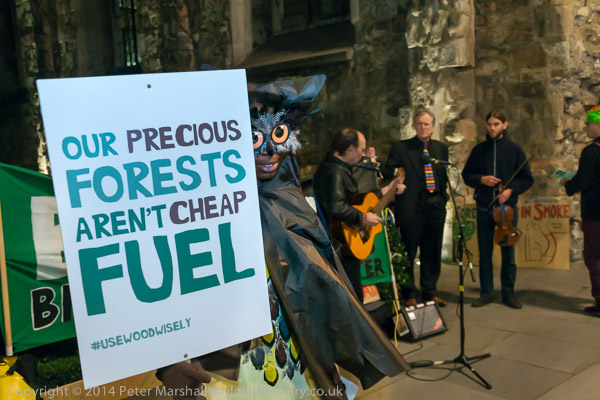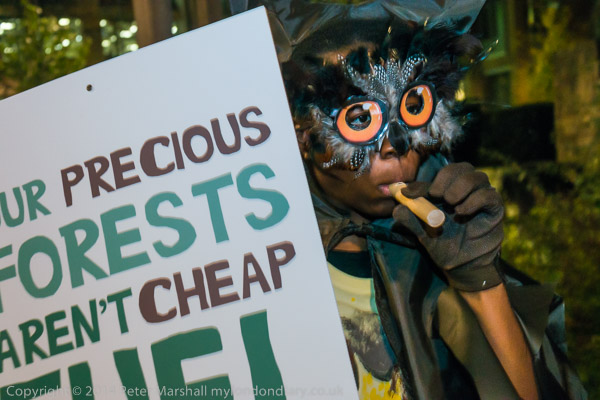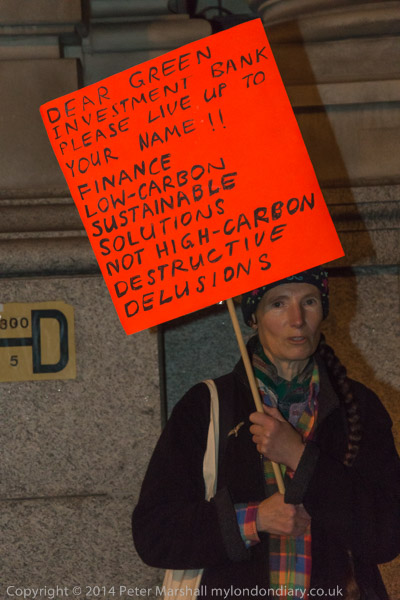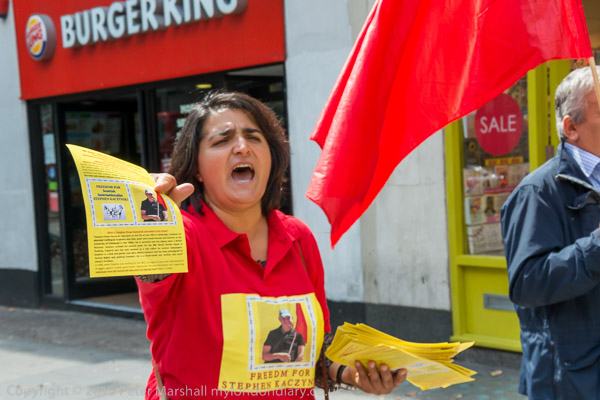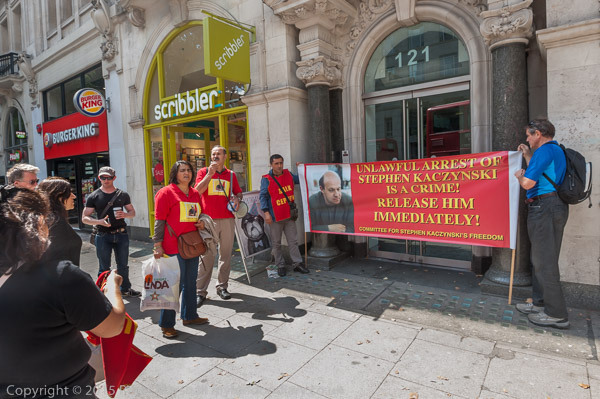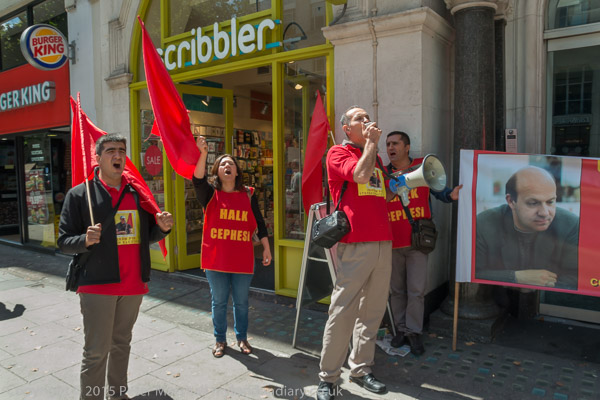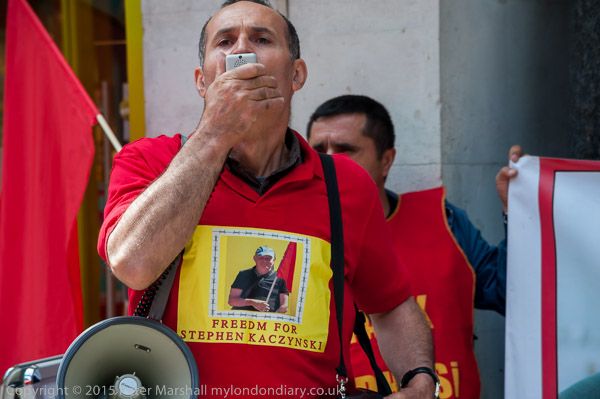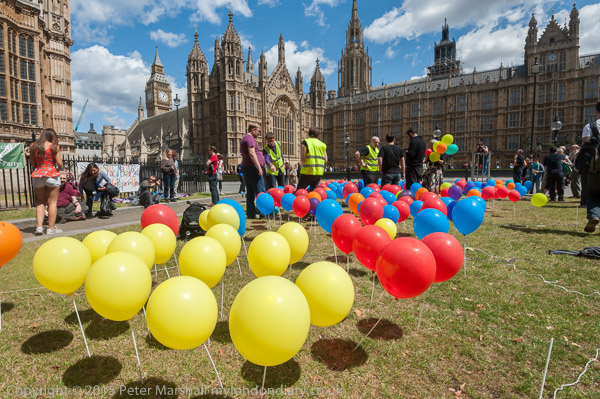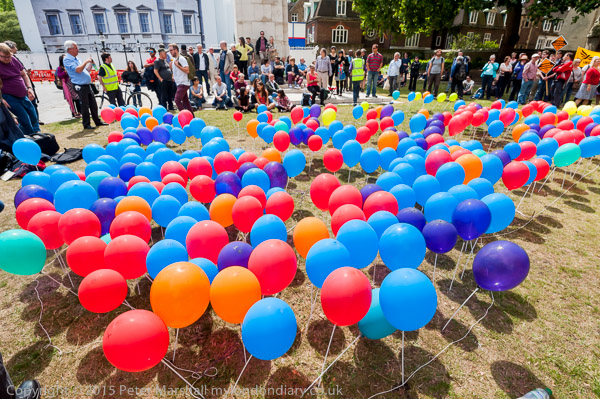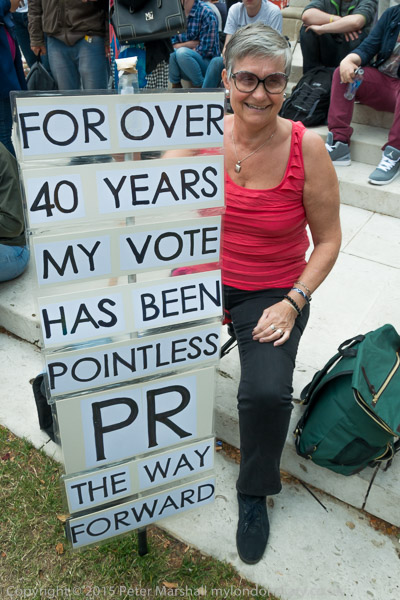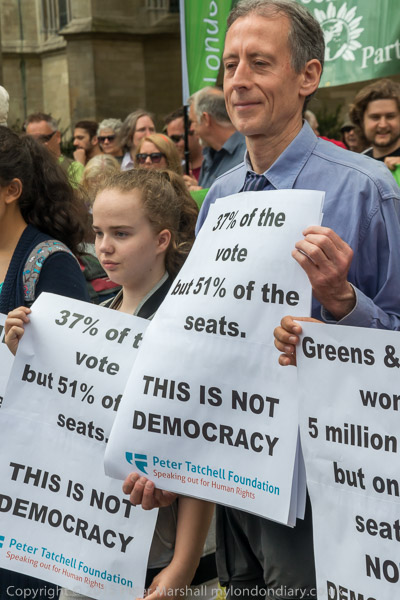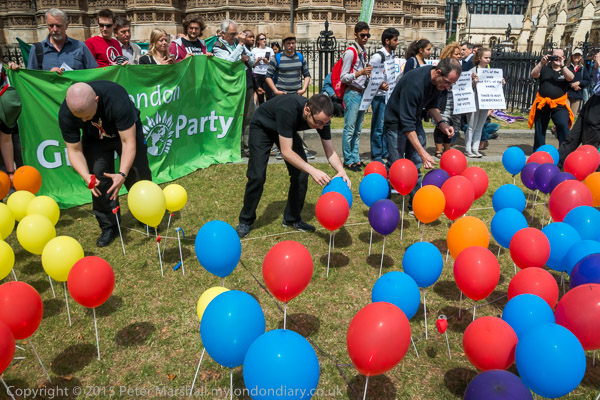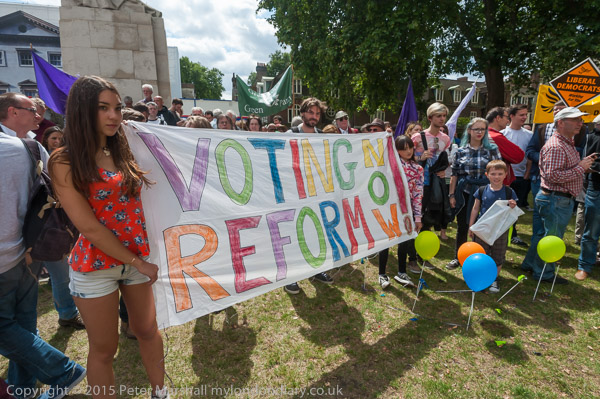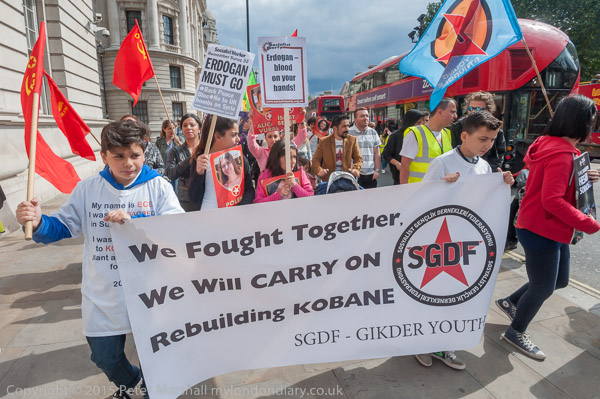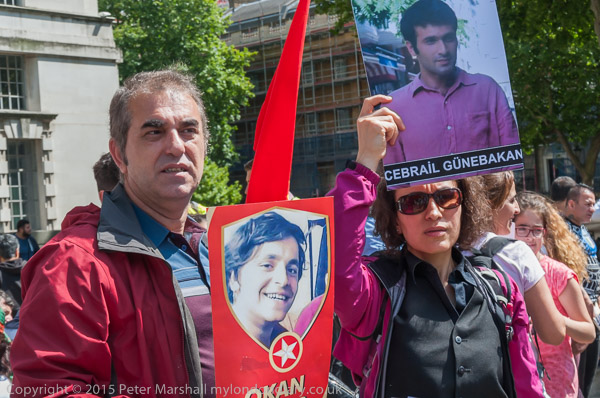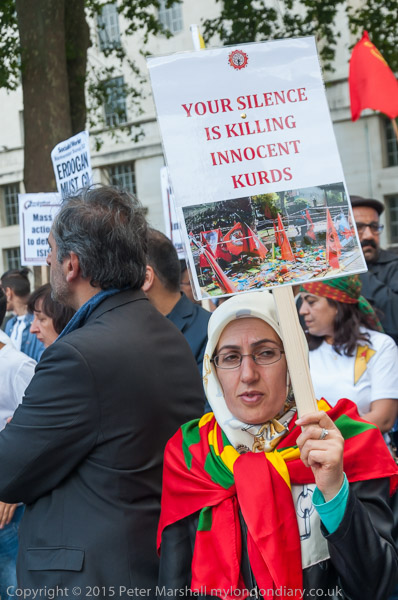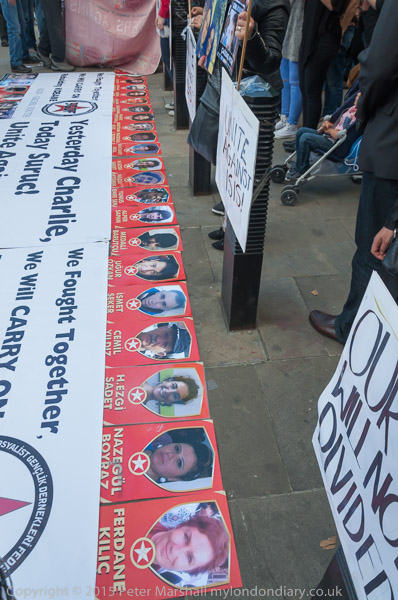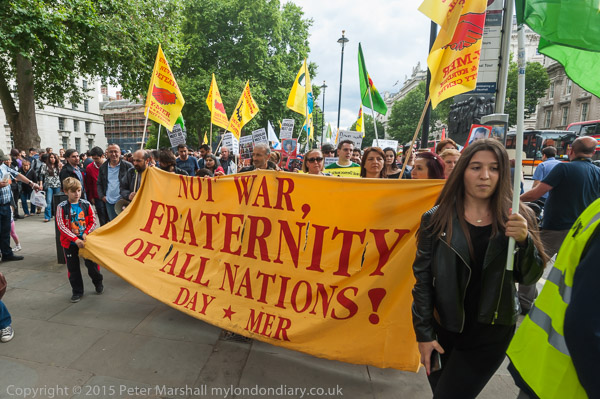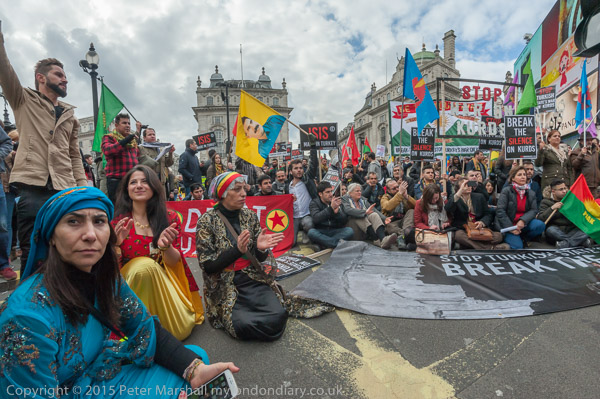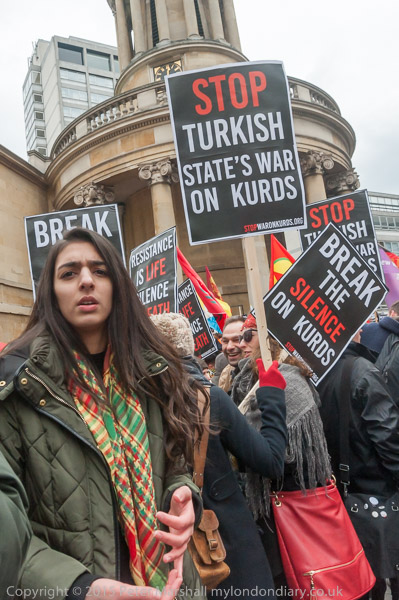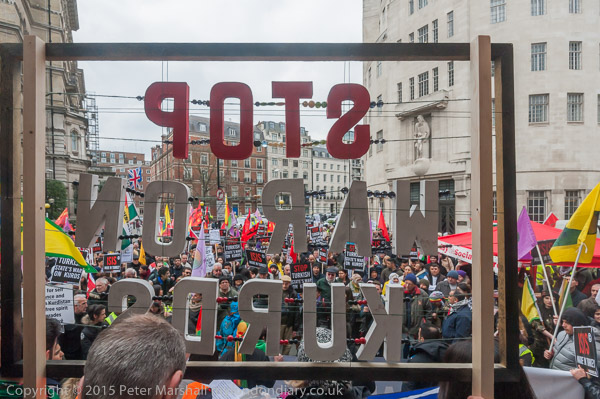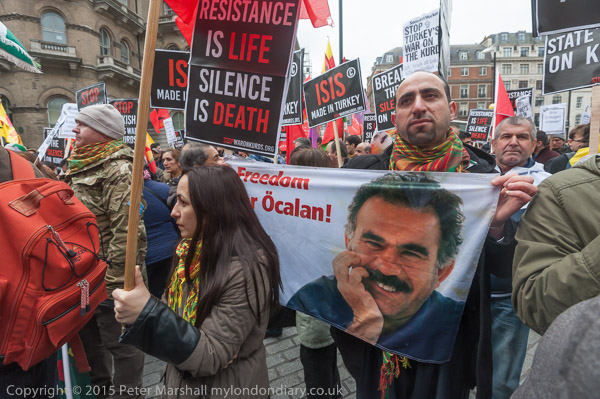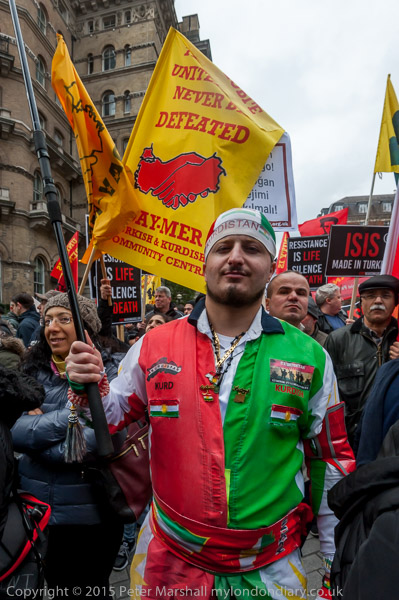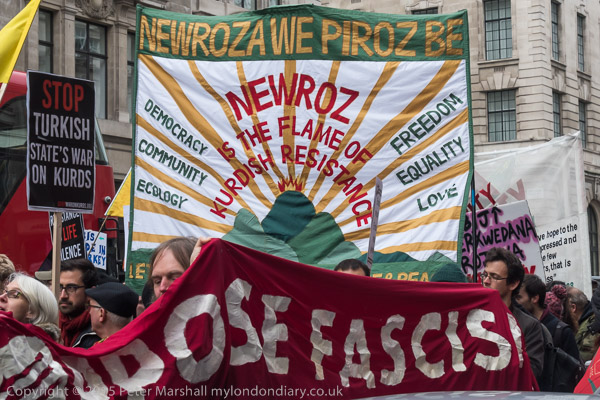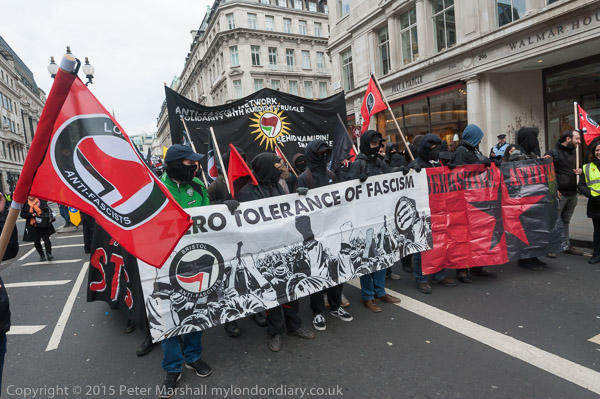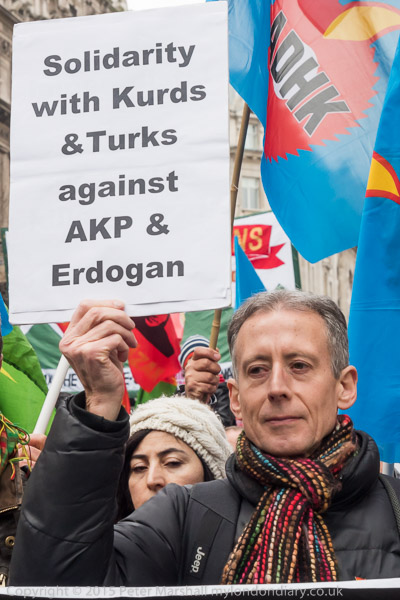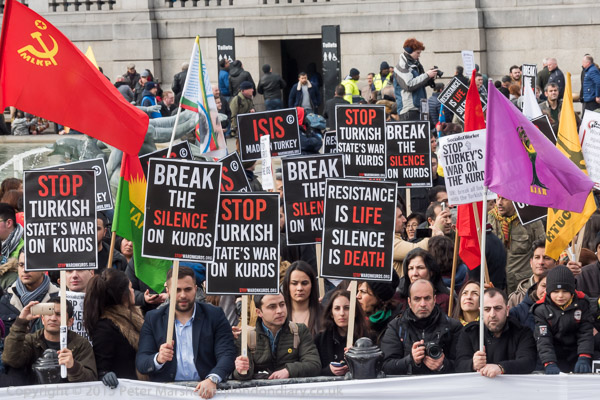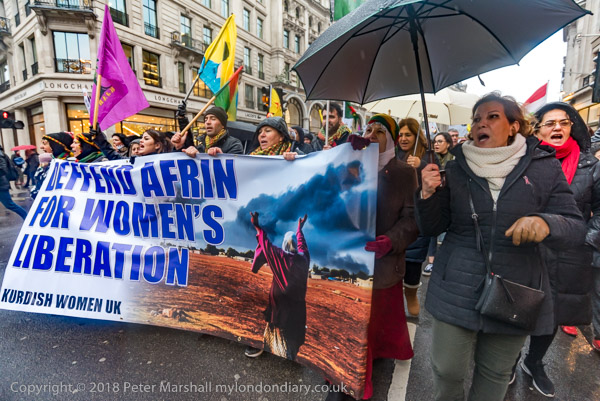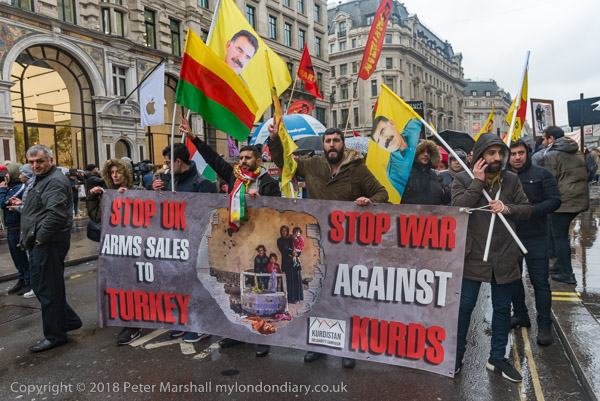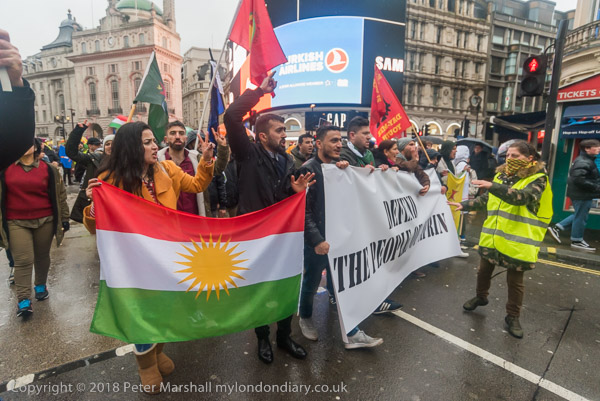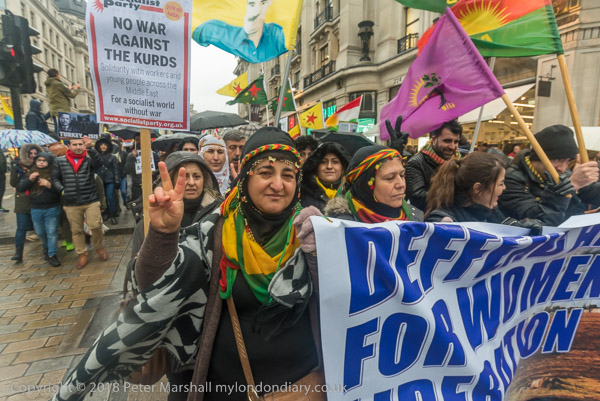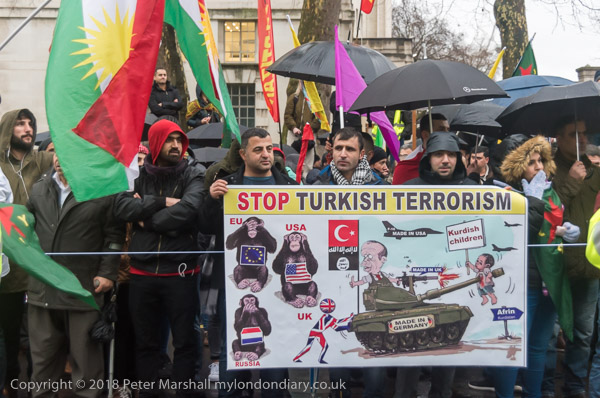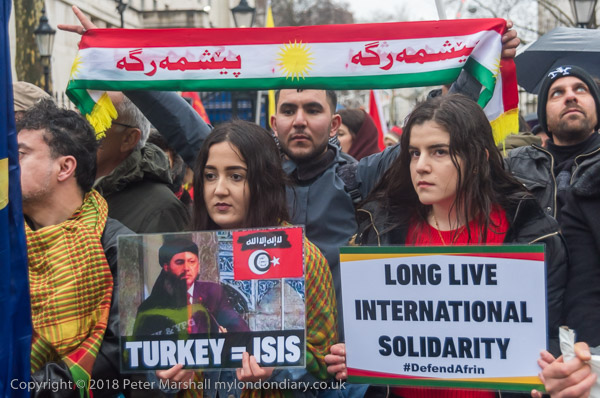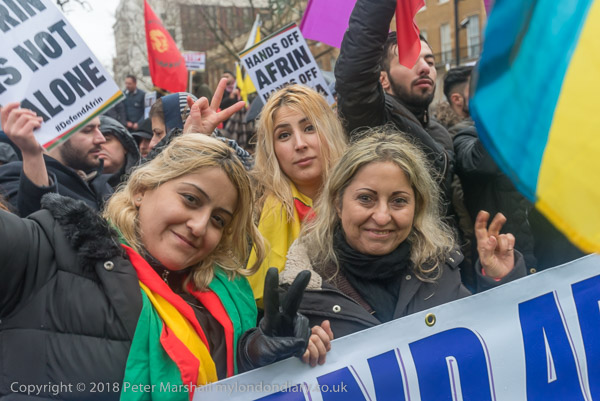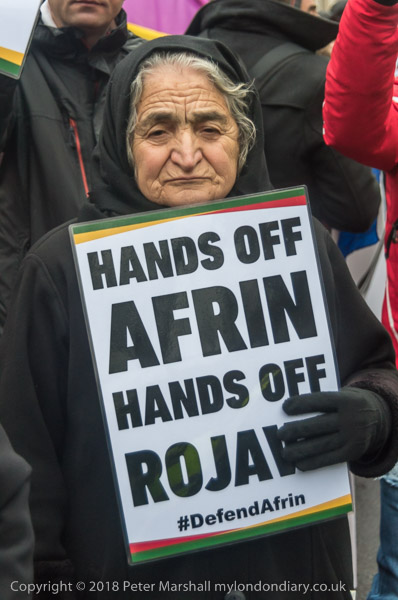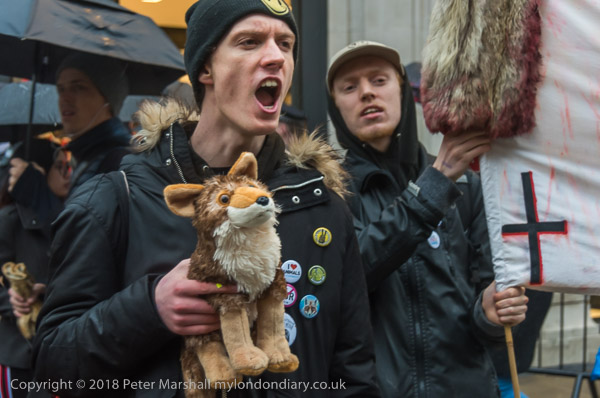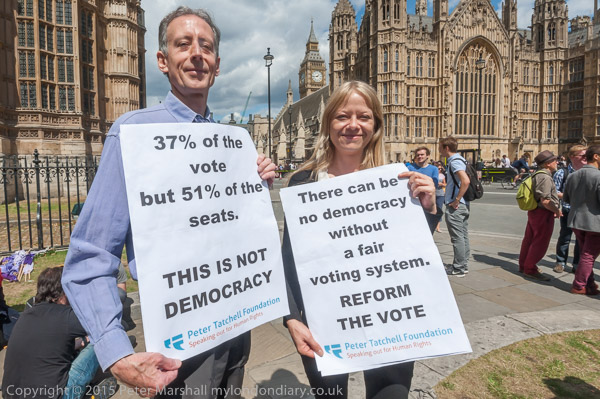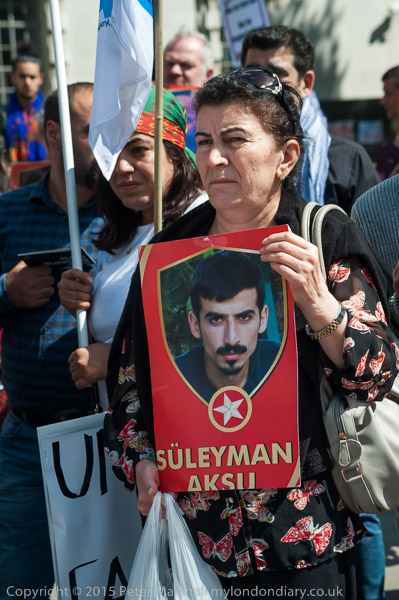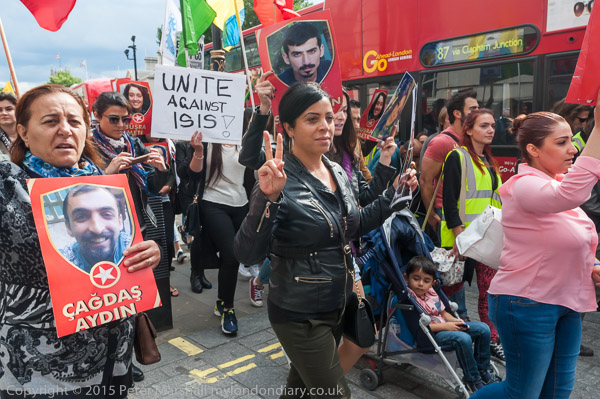Global Frackdown TTIP & Kobane: On Saturday October 11th 2014 I photographed a protest against HSBC supporting fracking in the UK, against the secret TTIP US/EU trade deal and finally a rally in support of the Kurdish fight against ISIS in Kobane and against Turkish support for the ISIS militants.
Global Frackdown at HSBC
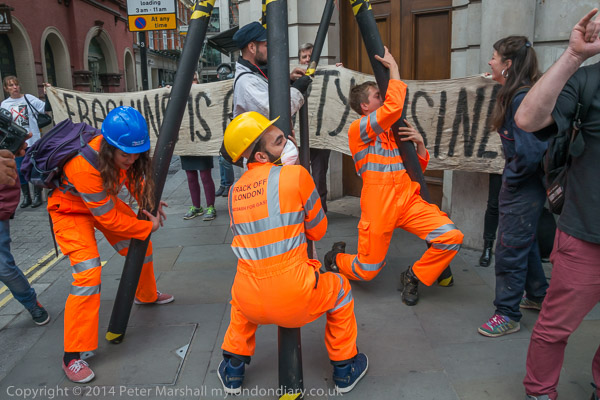
As a part of a ‘Global Frackdown’ by communities around the world against this environmentally destructive industry which leaves a legacy of water contamination, air pollution and health problems, activists took a mock ‘fracking rig’ to two branches of HSBC in central London. UK anti-fracking campaigners were joined by some from Algeria and Romania.
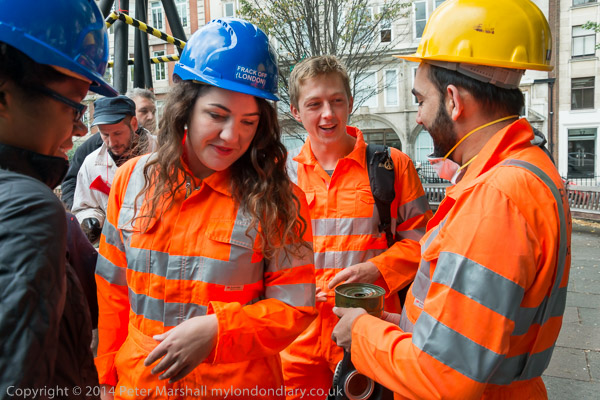
The HSBC bank provides banking services for Cuadrilla the oil and gas exploration and production company developing fracking in the UK and also funds fracking around the world. In Algeria, they are helping to bring this water intensive process to the Sahara and in the US, they underwrite the BG Group responsible for fracking in large parts of the country.
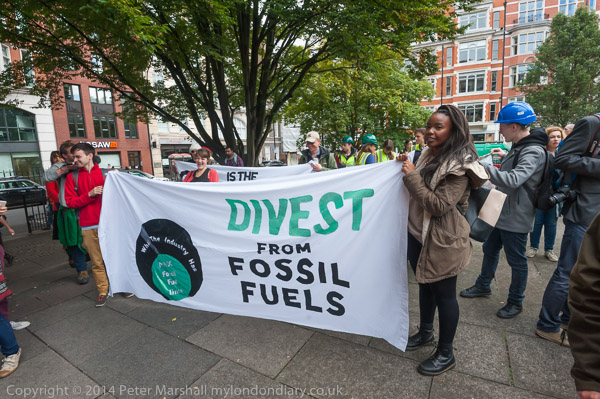
As well as the particular problems caused by fracking produces a dirty fossil fuel whose use deepens the climate crisis. But it was largely the earthquakes caused by Cuadrilla’s exploratory drilling that led to a moratorium on it in 2019 in England & Wales. The ban was briefly lifted by Liz Truss in her short but disastrous time as prime minister, but reinstated by Rishi Sunak.
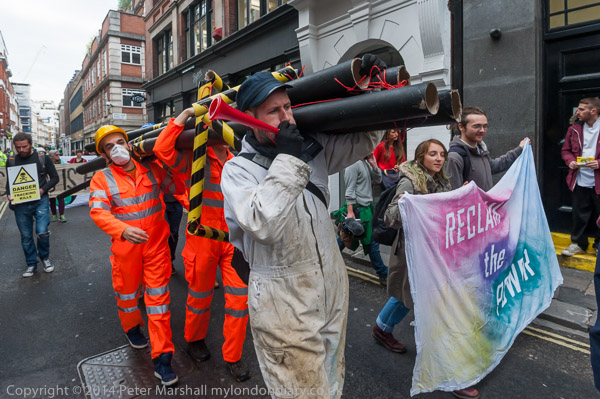
I met with the campaigners in Golden Square in Soho, where they were being closely watched and probably outnumbered by obviously nervous police who tried with no success to find out what they planned to do. After a while a group dressed in orange ‘Frack Off London’ hi-viz suits picked up some long black poles they had brought with them and marched towards Regent Street, with others carrying a banner and joining the procession.
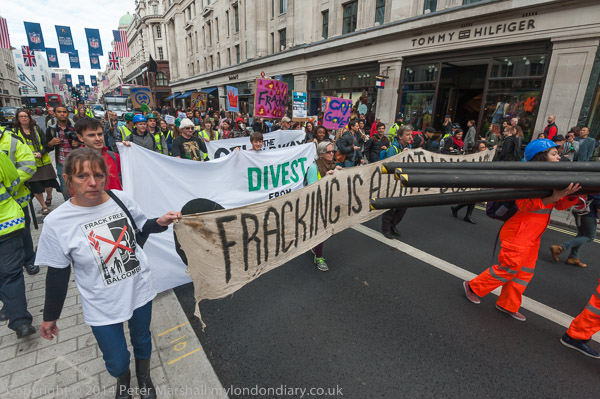
They marched along Regent Street forming a quite impressive small crowd and stepped to erect the poles into their mock fracking rig in front of the HSBC branch, where they held a rally. Supporting the protest were Climate Revolution and Romanian anti-fracking activists who had brought their own drilling rig for some street theatre.
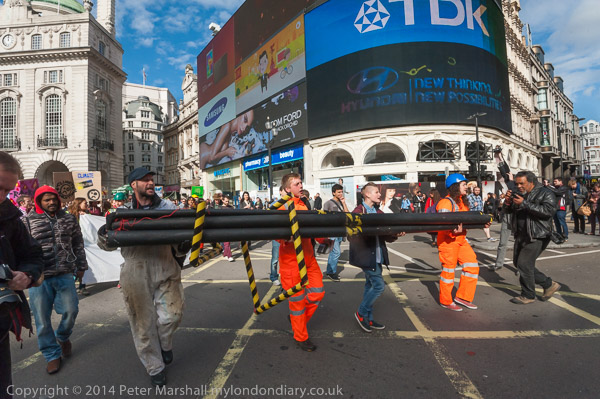
After some speeches the campaigners set off marching again, down Regent Street and past Piccadilly Circus on their way to the Strand branch of HSBC where they erected their rig again.
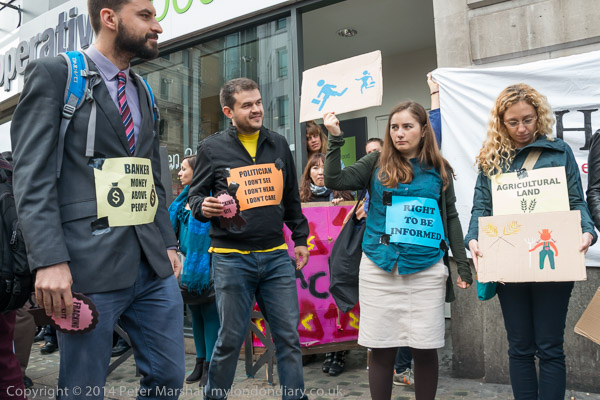
Here there were more speeches and some from the Romanian group put on a short piece of street theatre, fortunately in English, involving a greedy banker, corrupt politicians and people protesting.
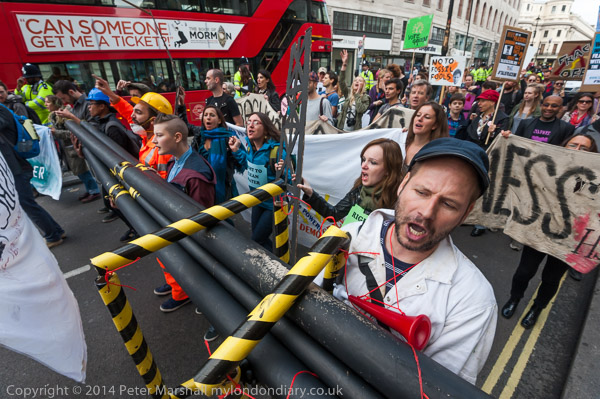
The the protest marched off and down Whitehall to Parliament Square for a final short rally and some photographs.
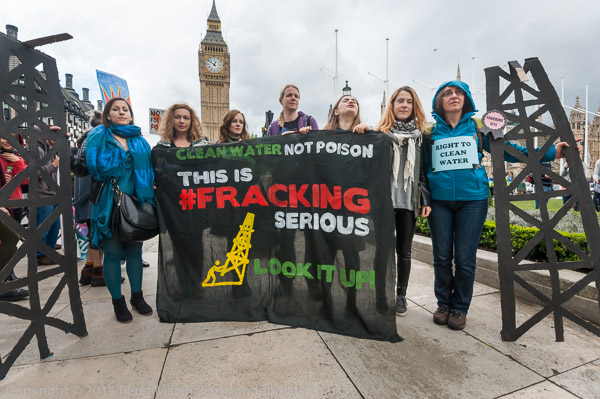
More at Global Frackdown at HSBC.
No TTIP Rally & Banner Drop – Westminster
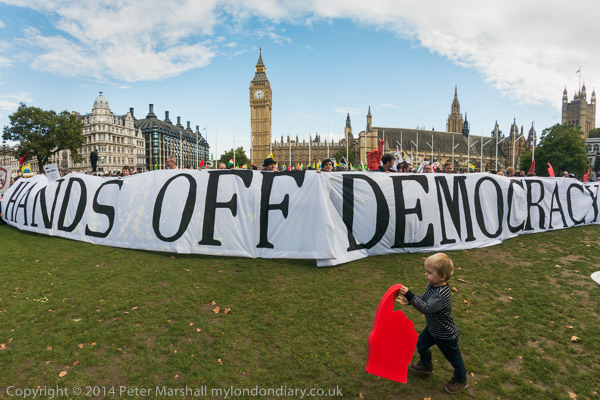
Protesters against the TTIP, a EU-US Trade Deal being negotiated at highly secretive talks would let corporations sue governments, lock in privatisation of our schools and NHS, undermine protection for privacy, workers and the environment and allow fracking and other harmful activities.
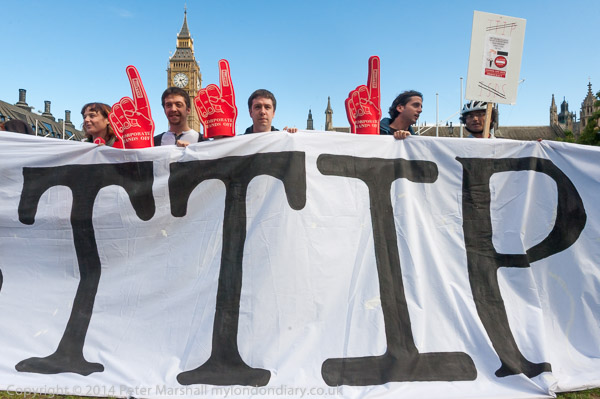
Although the talks were secret, some details had emerged and they were extremely worrying. The Transatlantic Trade and Investment Partnership would get the EU to remove the barriers which stopped US agricultural products produced under less hygienic conditions with lower animal welfare standards such as chlorine-washed chickens and beef pumped with high levels of growth hormones as well as GM crops being imported.
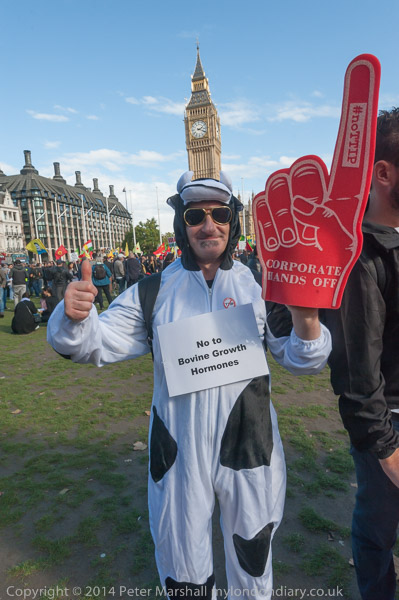
EU governments which took actions on environmental grounds could find themselves in industrial kangaroo courts which could impose huge fines if their laws caused US and other companies to lose potential profits from exporting their polluting goods.
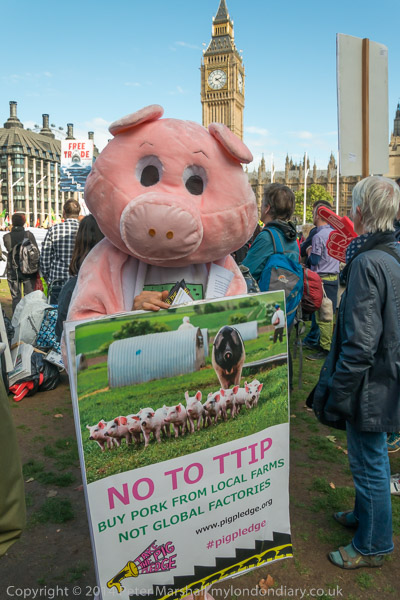
The protesters had brought with them a very long two part banner reading ‘HANDS OFF DEMOCRACY’ which was really too long for Parliament Square – and certainly too long for most photographers. A third part of it read ‘#no TTIP’, and I could only just fit thatin as well using a fisheye lens.
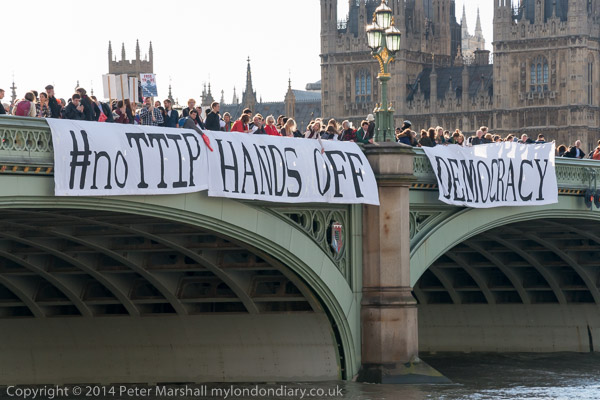
After the rally in the square, the protesters marched on to Westminster Bridge and carried out a ‘Banner Drop’ holding all three parts of the message. I’d run down the busy embankment to where it was possible to get a decent picture of the whole thing, but just as I began taking pictures it was moved, probably at the phoned request of the rather lazier official photographer for the group who was much closer to the bridge. And shortly after I’d started taking pictures at the second position it was on the move again.
More pictures at:
#NoTTIP – Hands off our democracy
#NoTTIP – Banner Drop
Support the Defenders of Kobane – Parliament Square
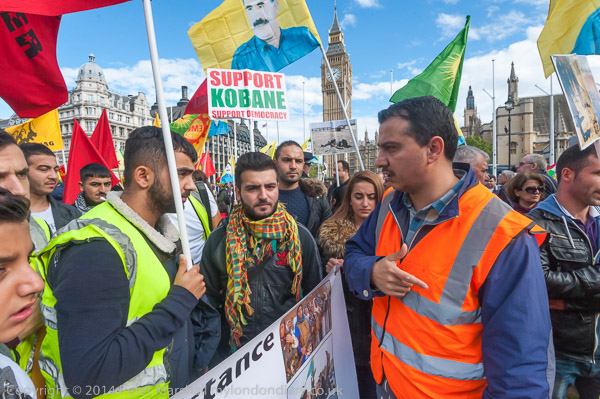
In Parliament Square I also photographed a rally with thousands, mainly of Kurdish or Turkish origin who had stopped for a rally on a march around London supporting the Kurdish fight against ISIS in Kobane, calling for support for the Kurdish fighters and condemning Turkish support for ISIS.
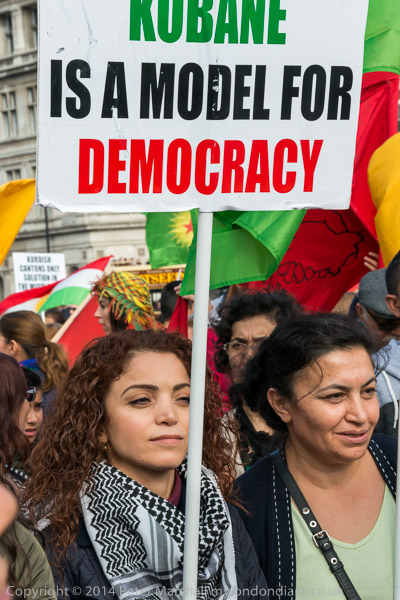
Kobane is a city in Syria and was surrounded by Islamic State of Iraq and the Levant (ISIL) militants in September 2014, forcing most of its inhabitants to flee to Turkey. Bloody battles by Kurdish forces with some help from US air strikes recaptured the city and the surrounding area, and they quickly drove back a later attack by ISIL in June 2015.
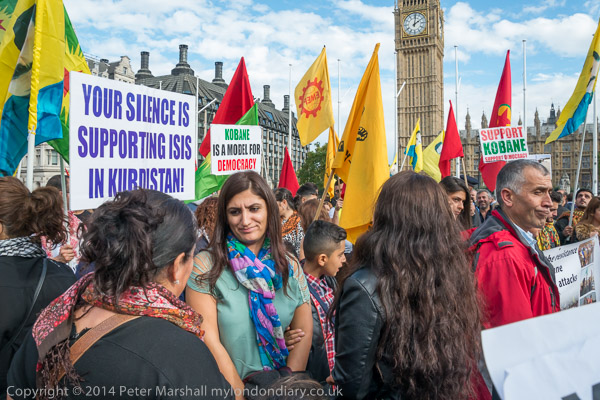
Kobane was at the time part of the de facto autonomous region of Syria, Rojava, a remarkable Kurdish democracy with a constitution giving equality to men, women and all ethnic and religious groups. But in October 2019 the city was threatened by an invasion by Turkey and accepted the entry of the Syrian government forces and Russian Military Police into the city, although it still then apparently remained under the de facto control of Rojava.
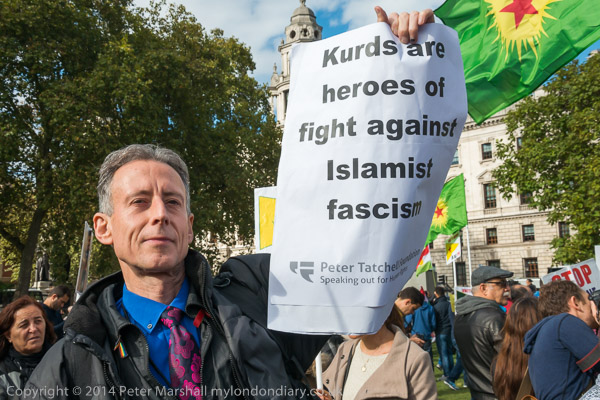
Turkey has supported the Islamic state militants, hoping that they will defeat the Kurds, many of whom live in Turkey and have been struggling for many years for greater autonomy. Turkey have provided routes for smuggling oil to provide finance for ISIS, and have for some years been fighting with Islamic militants against Kurdish forces in Syria.
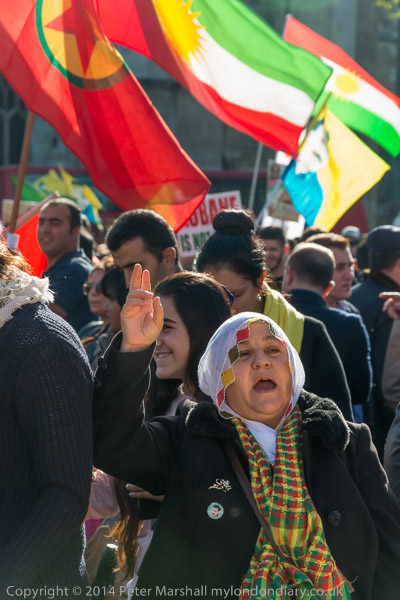
Many speakers at the rally in Parliament Square called for the lifting by the UK of the ban on the PKK, the Kurdish Workers Party, whose leader Abdullah Öcalan has been held in jail in Turkey since 1999. In recent years Öcalan has been attempting to negotiate a peaceful end to the conflict, declaring a ceasefire at the Kurdish New Year in March 2013. There were many speakers from the mainstream UK community, including a number of trade unionists, London Green MEP Jean Lambert, and human rights lawyer Margaret Owen.
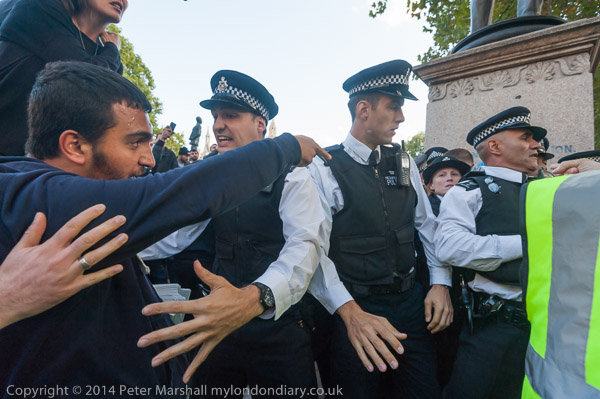
As the protesters marched away from Parliament Square there was a confrontation with police after they had tried to search some of the protesters and make an arrest. There was a lot of pushing and shoving and the marchers who had already left the square sat down on the street in Whitehall. They were still sitting there half an hour later, with negotiations between the police and protesters apparently continuing. Later one of the three men arrested was released and the protest came to and end.
Support the Defenders of Kobane
